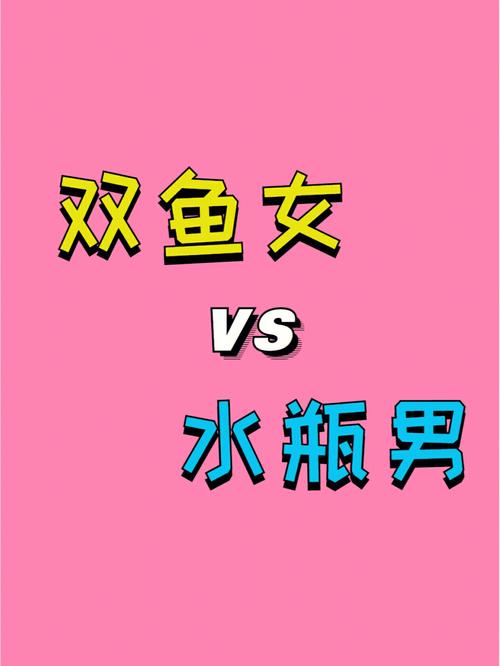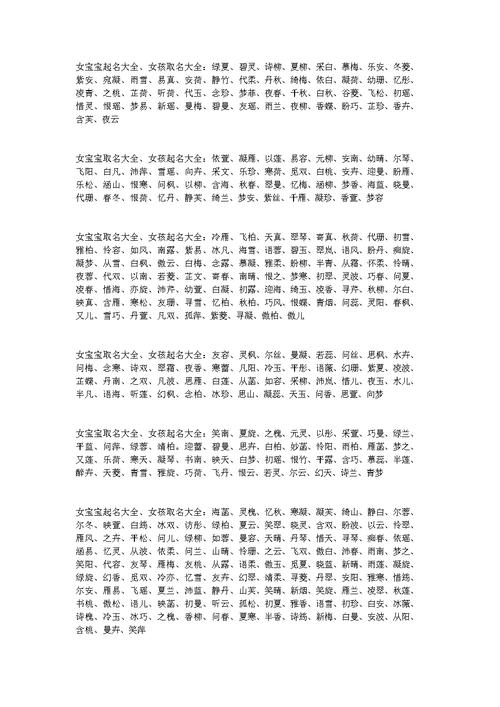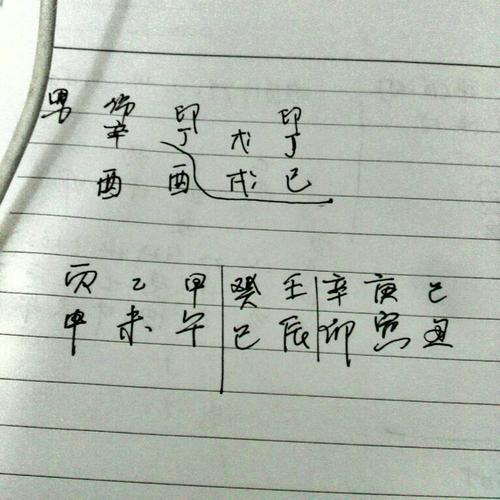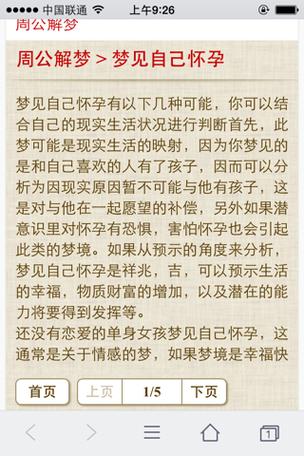你们相信八字命理吗英文 盲派八字命理课程42
Chinese astrology, also known as Bazi or Eight Characters, has been an integral part of Chinese culture for centuries. It is believed to provide insights into a person's destiny based on their birthdate and time. While some individuals swear by its accuracy and make life decisions based on it, there are others who remain skeptical. In this article, we will explore the concept of Bazi and discuss whether or not one should believe in its predictions.
Bazi, which translates to "Eight Characters" in English, refers to the four pillars of destiny that make up a person's astrological profile. These pillars consist of the year, month, day, and hour of birth. Each pillar contains two characters, one representing the Heavenly Stem and the other representing the Earthly Branch. The combination of these eight characters creates a unique chart that supposedly reveals information about a person's character, relationships, career, and overall life path.
Proponents of Bazi argue that the alignment of these characters at the time of birth can influence a person's strengths, weaknesses, and potential future outcomes. They believe that the interaction between the Heavenly Stems and Earthly Branches can provide valuable insights into various aspects of life.
One of the main criticisms of Bazi is the debate between fate and free will. Skeptics argue that if our lives are predetermined by the alignment of the stars at birth, then we have no control over our own destinies. They believe that individuals should take responsibility for their actions and create their own paths.
On the other hand, believers in Bazi argue that while the birth chart may provide a general outline of one's life, it does not dictate every decision or event. They claim that Bazi is merely a tool for self-awareness and personal development. By understanding their strengths and weaknesses, individuals can make informed choices to improve their lives.

金秋八字命理第一课
Chinese astrology has deep roots in Chinese culture and tradition. For many, it is not just a belief system but also a way of life. Bazi consultations are often sought for important life events such as marriage, starting a business, or even naming a child. It is considered a form of guidance and a means to navigate through life's uncertainties.
While Bazi may seem foreign or superstitious to those unfamiliar with Chinese culture, it is important to respect and understand the significance it holds for others. What may be dismissed as mere coincidence or chance for some could be deeply meaningful for others.
From a scientific perspective, Bazi falls into the realm of pseudoscience. Its principles are not based on empirical evidence or rigorous testing. Critics argue that any perceived accuracy of Bazi predictions can be attributed to confirmation bias or subjective interpretation.
However, it is worth noting that cultural practices and belief systems often transcend strict scientific scrutiny. Many aspects of human experience, such as spirituality and faith, cannot be easily explained or quantified. It is the personal meaning and value that individuals derive from these beliefs that matter most.
Ultimately, whether or not one believes in Bazi is a personal choice. Some individuals find comfort and guidance in its predictions, while others prefer to rely on rational decision-making and logic. It is essential to respect and embrace the diversity of perspectives and cultural practices that exist in our global society.
While Bazi may not be scientifically proven, it is an integral part of Chinese culture and has shaped the lives of many individuals. Whether one believes in its accuracy or not, it is important to approach the topic with an open mind and a willingness to understand different belief systems.
Chinese astrology and Bazi have been deeply ingrained in Chinese culture for centuries. While some view it as a guiding force, others remain skeptical of its validity. The debate between fate and free will, the influence of culture and tradition, and the lack of scientific evidence all contribute to the complex nature of Bazi.

 0
0 
 0
0 
 0
0 
 0
0 
 0
0 
 0
0 
 0
0 
 0
0 
 0
0 
 0
0